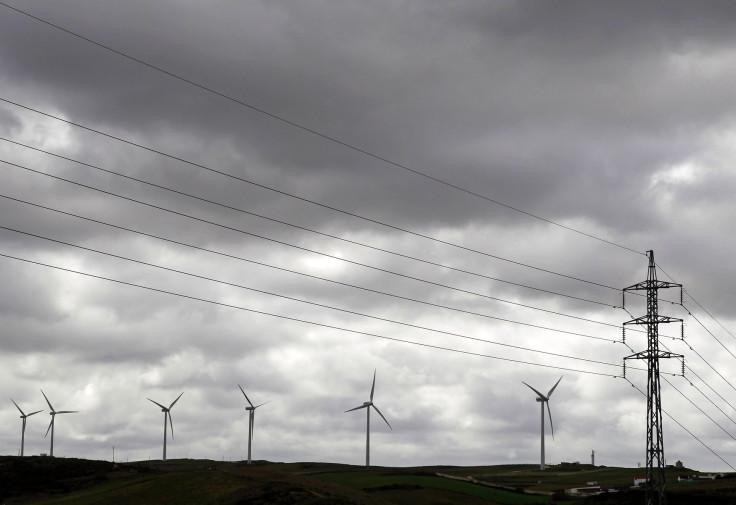Renewable energy sources like solar, wind to receive subsidies up to 2030, research says

Renewable energy, like wind and solar, will be given subsidies amounting to as much as $2.8 billion a year up to 2030. The findings, which stem from a research commissioned by the Minerals Council of Australia, come as the country works towards ascertaining that it fulfils its Renewable Energy Target.
The study finds that solar photovoltaic technologies contributed towards almost half of the annual subsidies, amounting to $1.5 billion. At the same time, electricity generated by wind technologies received subsidies of as much as $902 million. This was nearly 30 percent of the aggregate subsidies given in 2015/2016, as was found in the research by economic consultancy BAEeconomics.
The highest subsidies were received by solar ($214 per megawatt hour). This was followed by wind ($74 per megawatt hour). Finishing the list were the remaining renewable sources of energy ($33 per megawatt hour).
Subsidies to electricity generated from coal received 40 cents per megawatt hour. Non-renewable generation received 30 cents per megawatt hour. According to the report, aggregate subsidies will witness an escalation in the upcoming years – climbing from $2.2 billion this year to $2.8 billion a year from 2020 to 2030.
"So what are the prospects for a more even playing field? In the case of wind and solar, the subsidy is locked in at least for the next 13 years," Minerals Council of Australia chief executive Brendan Pearson said in an opinion piece. "It is a little appreciated fact that the RET will continue to deliver an estimated $2 billion per annum in consumer-funded subsidies to wind and solar until 2030 - that's 10 years after the putative end of the scheme in 2020. And remember that this cost doesn't include the boondoggles contained in the state-based targets."
According to the International Energy Agency, as much as nearly US$410 billion (AU$542.76 billion) has been paid to support renewable based power plants in the past five years, Pearson said. The Minerals Council, which has been urging the Finkel Review into energy security to support a "technology neutral" approach, is calling for the federal government to invest in technologies concerning “clean coal.”
These include carbon capture and storage and high-efficiency low emissions technologies that can potentially reduce emissions by up to 50 percent. Last week, speaking at the Australian Financial Review Business Summit, Federal Energy Minister Josh Frydenberg said Prime Minister Malcolm Turnbull was working on the changes to the guidelines for the Clean Energy Finance Corporation.





















